Description
White Cowpea, known in Tamil as வெள்ளை தட்டைப் பயறு and in English as White Cowpea or White Black-Eyed Pea, is a versatile, protein-rich legume cherished for its creamy texture and mild flavor. Popular across Asia, Africa, and the Caribbean, it is a staple in traditional recipes like sundal, gravies, kootu, and wholesome soups.
Our pesticide-free White Cowpea is naturally grown and sun-dried to preserve its nutrients and authentic taste. This makes it a healthier choice compared to commercially processed legumes.
Nutritional Profile (per 100g, cooked)
-
Calories – ~116 kcal
-
Protein – ~8g
-
Dietary Fiber – ~6g
-
Carbohydrates – ~21g
-
Iron – ~2.5mg
-
Magnesium – ~44mg
-
Potassium – ~278mg
-
Folate – ~209 mcg
(Source: USDA FoodData Central)
Health Benefits
-
Muscle & Energy Support – The rich protein content helps build and repair muscles, making it an ideal food for active individuals.
-
Heart Health – Potassium and magnesium contribute to balanced blood pressure, while soluble fiber supports healthy cholesterol levels.
-
Digestive Wellness – Fiber promotes a healthy gut and regular bowel movements.
-
Blood Sugar Control – Low glycemic index makes it suitable for diabetics.
-
Bone Strength – Contains calcium, magnesium, and phosphorus for bone health.
-
Weight Management – High satiety value keeps you full longer, preventing unhealthy snacking.
-
Immunity Boost – Antioxidants reduce oxidative stress and support immune function.
Ayurvedic Benefits
In Ayurveda, வெள்ளை தட்டைப் பயறு is considered brimhana (nourishing) and is recommended for:
-
Improving ojas (vital life force).
-
Strengthening asthi dhatu (bones) and muscles.
-
Balancing Vata dosha when cooked with ghee or oil.
-
Supporting recovery after illness due to its easy digestibility and nutrient density.
Cultural & Historical Significance
-
Archaeological evidence suggests cowpeas have been cultivated for over 5,000 years, originating in Africa and spreading globally through trade.
-
In Tamil Nadu, White Cowpea is prepared as prasadam during temple festivals.
-
In Caribbean culture, cowpea is associated with prosperity and is served during celebrations.
How to Cook White Cowpea
Pressure Cooker Method:
-
Wash thoroughly and soak for 6–8 hours.
-
Drain and add fresh water in a 1:3 ratio.
-
Pressure cook for 3–4 whistles until soft.
Sundal Recipe:
-
Temper mustard seeds, curry leaves, and red chilies in coconut oil.
-
Add cooked cowpeas, grated coconut, and salt.
-
Mix well and serve warm.
Pro Tip: Adding a few drops of castor oil while cooking enhances softness and aids digestion.
Storage Tips
As our White Cowpea is grown without pesticides, it must be stored properly:
-
Keep in an airtight container in a cool, dry place.
-
Place dried neem leaves or bay leaves inside to deter pests naturally.
-
If pests appear over time, do not panic — they are far less harmful than pesticide residues. Simply rinse, sun-dry, and store again.
Research Insights
-
Food Research International highlights cowpea protein’s ability to improve metabolic health and muscle recovery.
-
Journal of the Science of Food and Agriculture reports cowpea consumption can lower cholesterol and regulate blood sugar.
-
High antioxidant content reduces oxidative stress, supporting long-term cardiovascular health.
Why Choose Organic Positive White Cowpea?
-
100% Natural & Pesticide-Free – Safe for the whole family.
-
Nutrient-Rich – High in plant protein, fiber, and minerals.
-
Versatile in Cooking – Works for curries, soups, salads, and snacks.
-
Supports Farmers – Ethically sourced from trusted growers.
White Cowpea is more than just a legume — it’s a heritage food that bridges tradition and nutrition. Whether you enjoy it in a warm curry, as a festive sundal, or in a healthy salad, this humble grain continues to nourish bodies and communities worldwide.
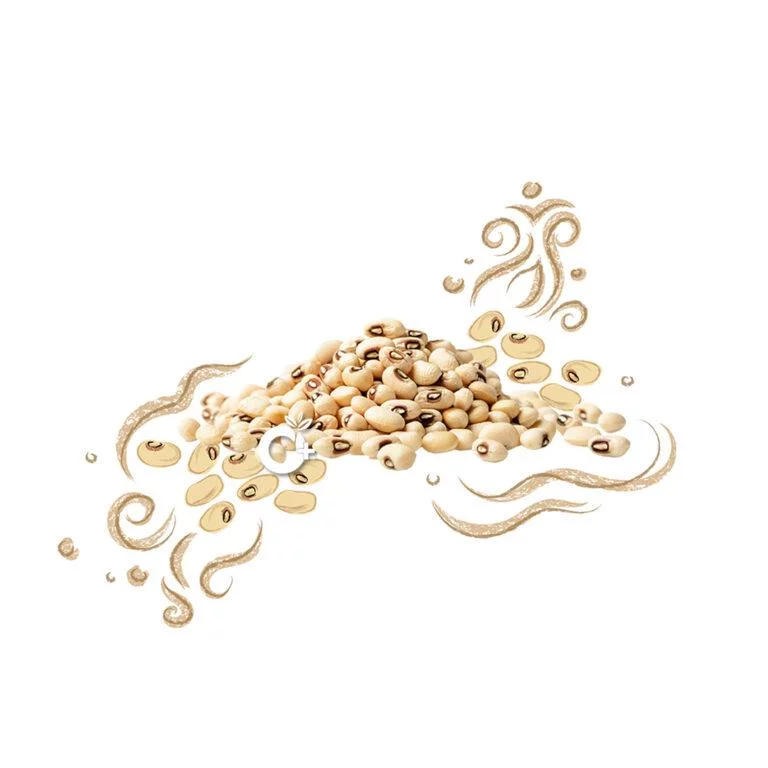
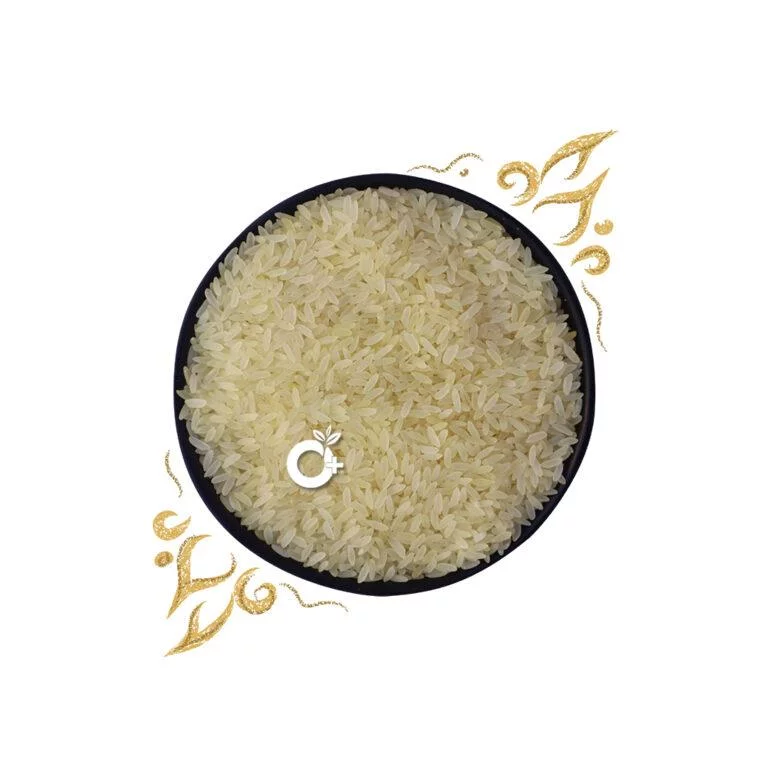
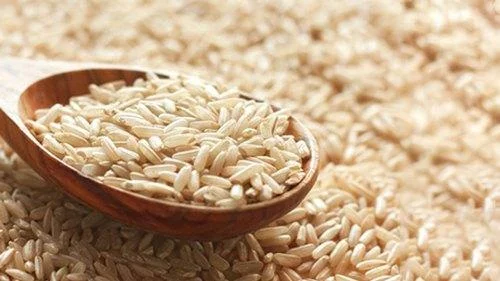

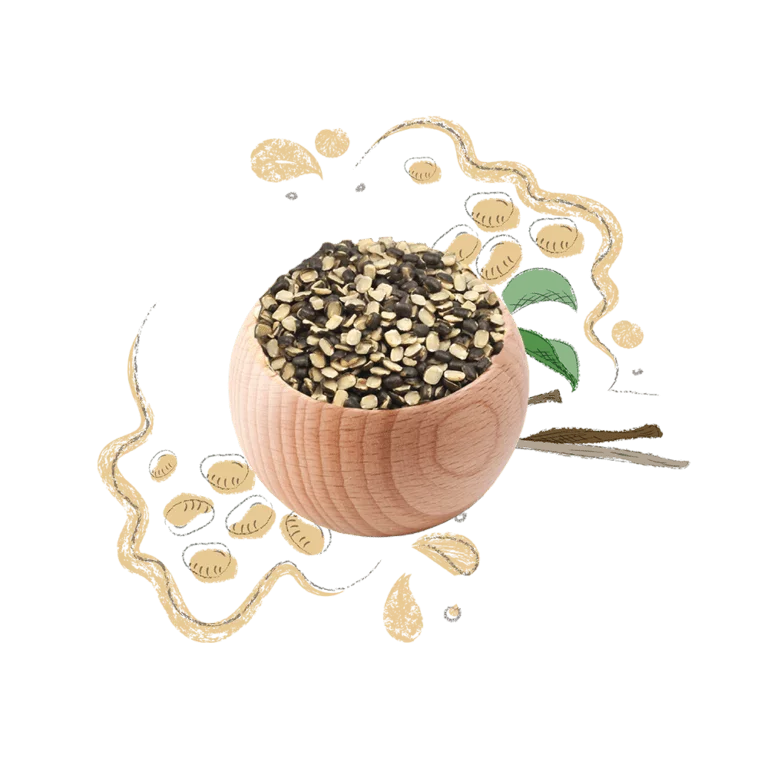
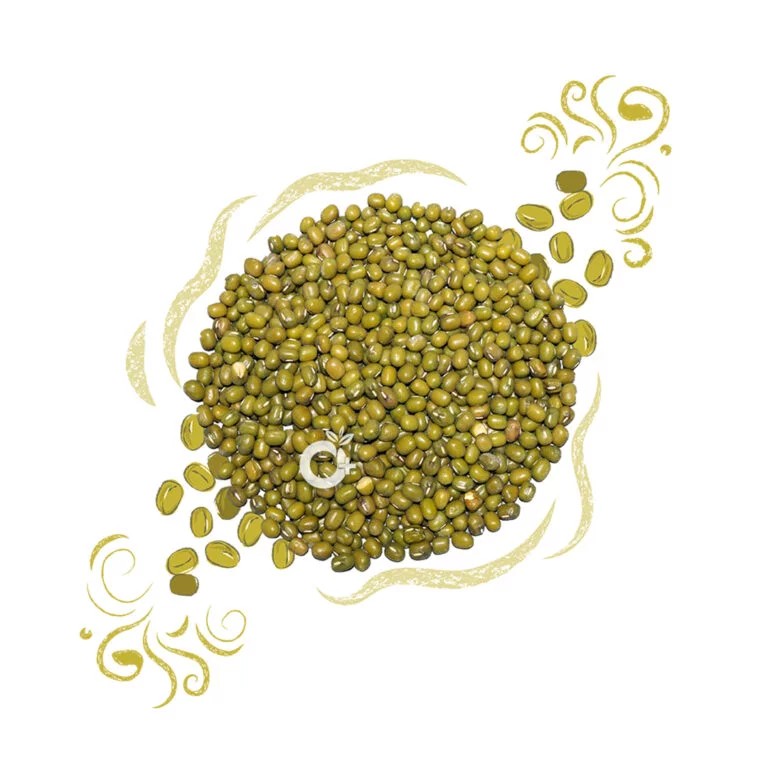




Reviews
There are no reviews yet.